The International Monetary Fund (IMF) has asked Qatar to accelerate structural reforms and leverage global trends, such as digitalisation and climate actions, to build a more inclusive, diversified, and greener economy.
“Accelerating structural reforms is critical to limit scarring from the pandemic and facilitate economic transformation,” IMF said in Article IV consultation with Qatar.
The pandemic could leave lasting scars on Qatar’s hospitality, transportation, retail and manufacturing sectors, it said, projecting that the medium-term real non-hydrocarbon GDP would remain 8% below the pre-pandemic projections.
The Bretton Woods institution said reforms should focus on improving productivity and inclusion, enhancing private sector competitiveness, and leveraging global trends, such as digitalisation and climate actions, to foster stronger and more diversified growth while addressing climate challenges, it said.
On accelerating digitalisation, the IMF said the strong digital infrastructure in Qatar ensured the provision of financial, government, education, health, and e-commerce services during the pandemic.
The fintech sector has been growing rapidly since the announcement of the National Fintech Strategy and the launch of the Qatar FinTech Hub (QFTH) in 2019.
Efforts should continue in promoting digitalisation; regulation and supervision of fintech need to advance further to balance risks and opportunities.
Highlighting that rising fintech activities since the pandemic have accelerated efforts in developing the regulatory framework; the IMF report said e-commerce and online financial sector services have surged during the pandemic.
The Qatar Central Bank and the Qatar Development Bank (QDB) have also had initial success in their fintech incubator and accelerator programmes, with the potential to increase financial inclusion.
The IMF said it is appreciative of the issuance of regulations on e-payments, electronic know-your-customer (e-KYC and e-signature), and electronic insurance aggregation.
“Strong efforts should continue to balance opportunities and risks, including ML/TF (money laundering/terror financing) risks,” it said.
Qatar has taken major steps to strengthen the AML/CFT legal and regulatory framework, and should continue the efforts to ensure its effective implementation, IMF said, observing that new laws on combating ML/TF and terrorism, together with an implementing regulation, were enacted in 2019.
“Qatar will undergo the comprehensive AML/CFT mutual evaluation by the MENAFATF (Middle East and North Africa Financial Action Task Force) in July 2022. Effective implementation of the supervisory strategies and activities will be critical to further strengthen Qatar’s AML/CFT regime,” the IMF report said.
Qatar’s ecosystem is vulnerable to climate change risks — climate stressors have already had a significant impact on water, temperature, and sea level, it said.
Moreover, the economy’s dependence on LNG (liquefied natural gas) — cleaner than other fossil fuels — makes it susceptible to global mitigation actions in the long term, the report said.
Qatar has adopted a number of climate mitigation and adaptation initiatives, and efforts should accelerate, according to IMF.
“Gradually phasing out energy subsidies is critical in meeting Qatar’s mitigation pledge, which should be complemented by increasing green investment, including from private investors, enhancing interagency co-ordination, and upgrading regulatory framework,” the IMF said.


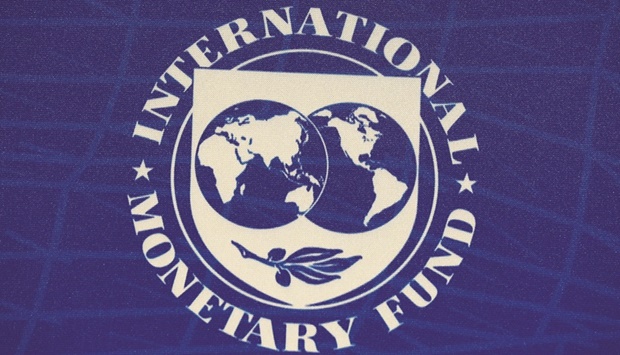
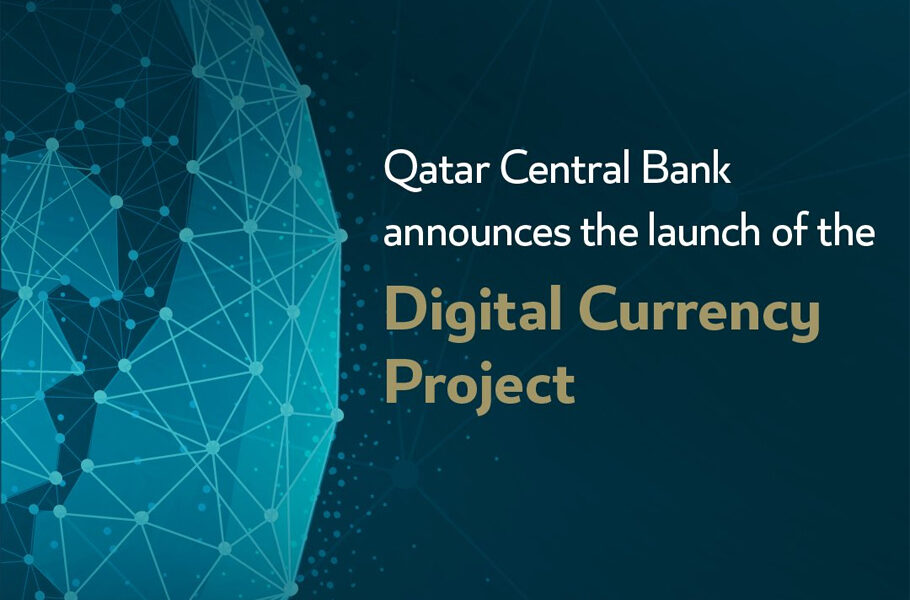
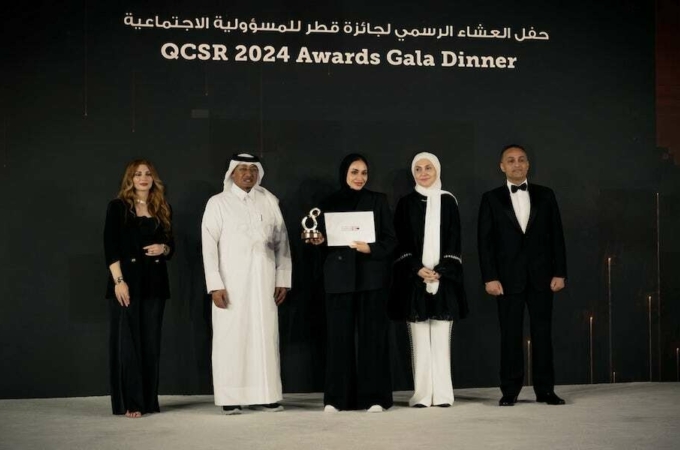






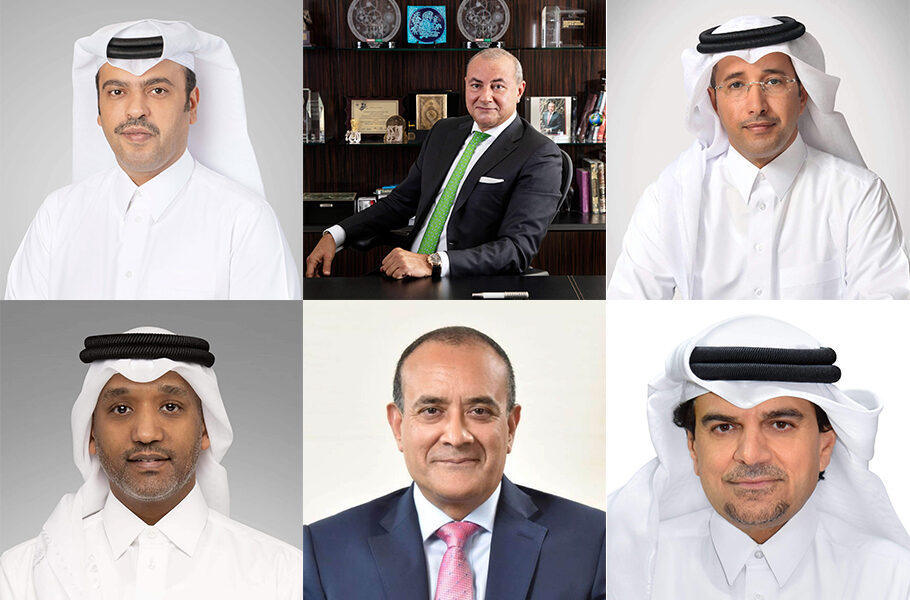
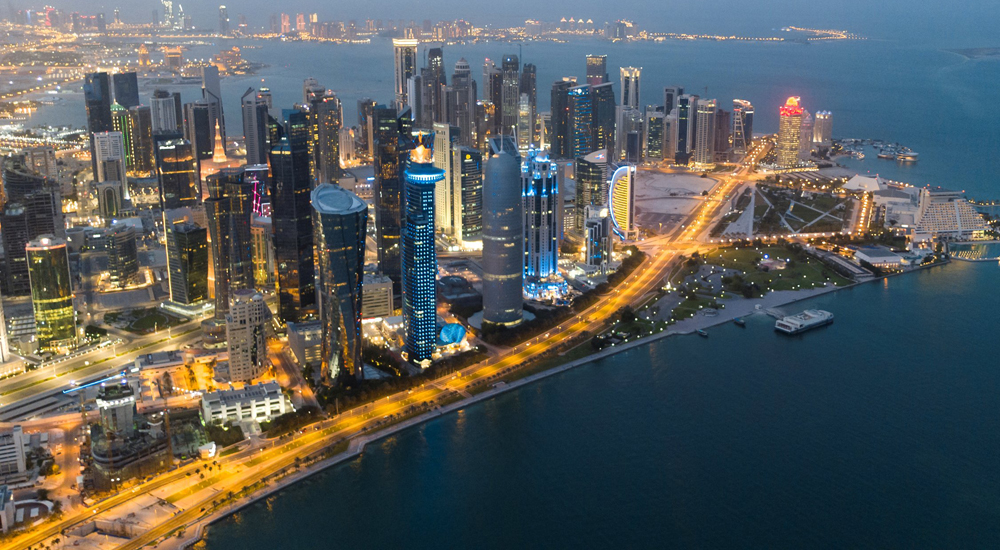




Leave a Reply